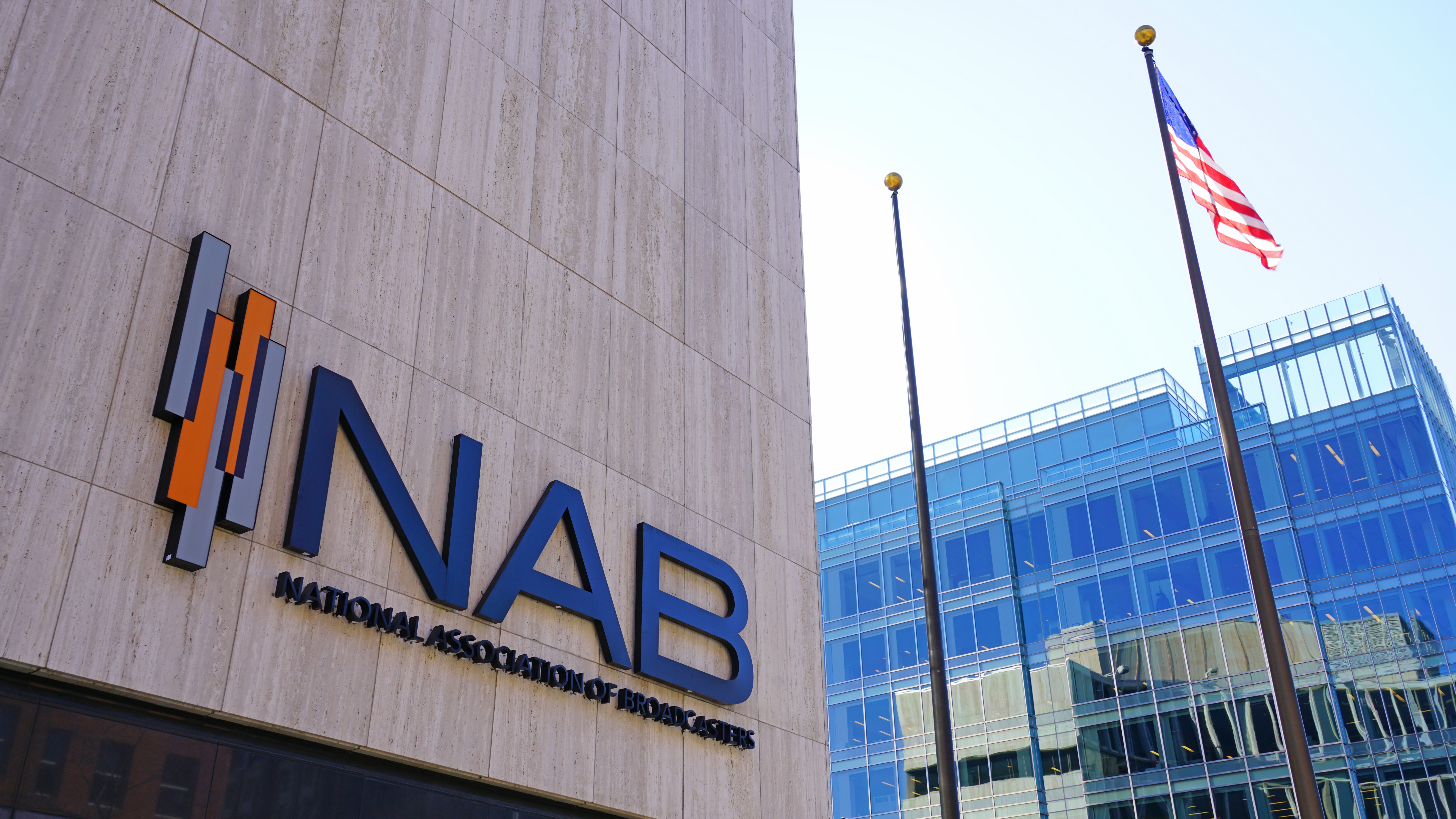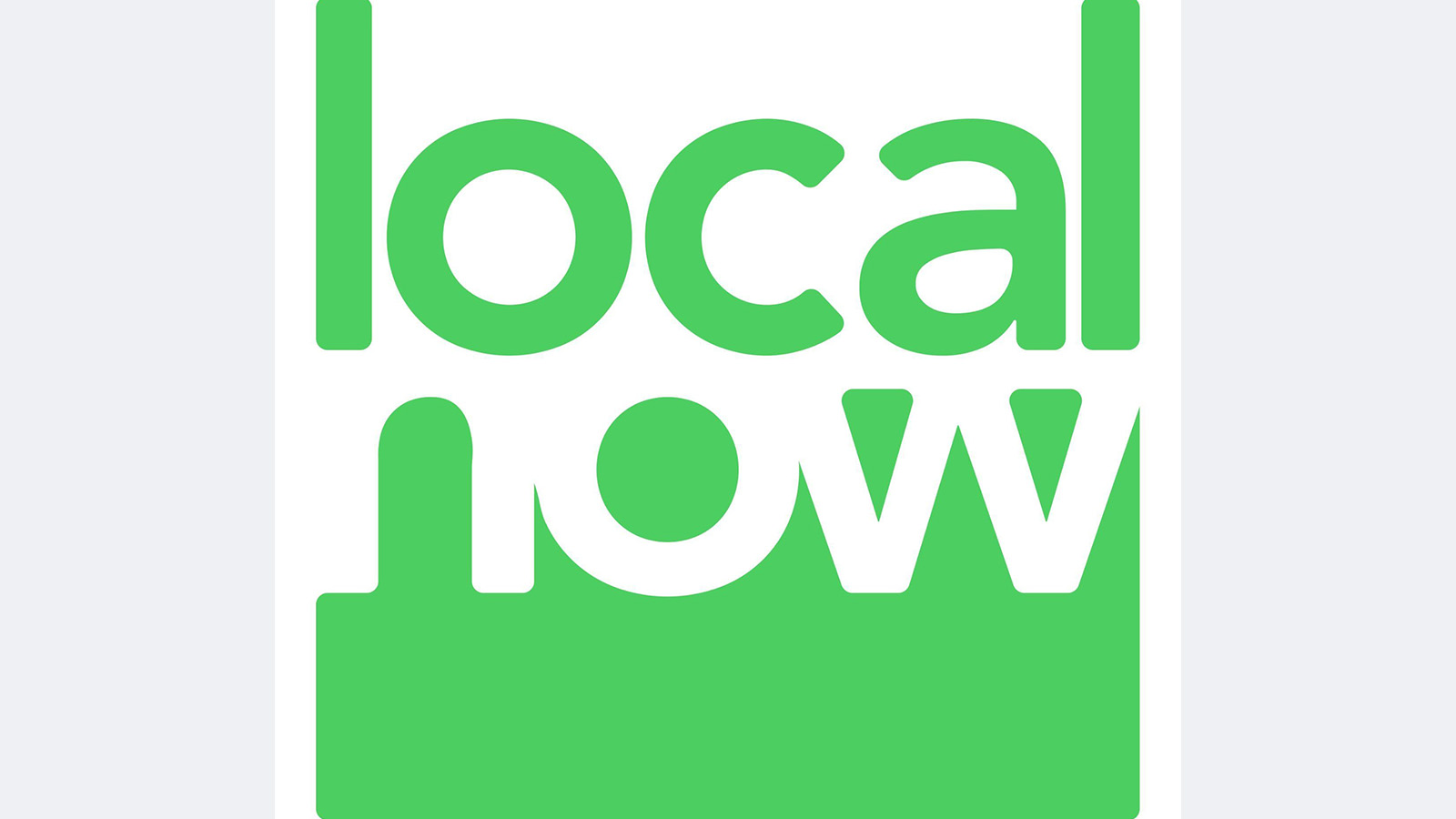NAB: FCC Needs to Wait on Expanding Unlicensed 6 GHz Operations
Computer companies, meanwhile, push to prevent any delay

WASHINGTON—The NAB is preaching caution as the FCC looks to possibly expand unlicensed operations in the 6 GHz band, arguing that no such decision should be made until there is a clearer picture of the impact of the already approved unlicensed use in the spectrum.
In April, the FCC unanimously approved opening the entire 1,200 MHz of the 6 GHz band for unlicensed Wi-Fi operation as part of the commission’s strategy to develop 5G.
Broadcasters at the time were worried about the potential interference that could have on the services they have operating in the 6 GHz band, like fixed links delivering content from broadcast studios to transmitter sites and mobile transmissions from ENG trucks. The NAB noted how these services have been particularly critical during the current pandemic.
Now, a Further Notice of Proposed Rulemaking deals with increasing the power levels permitted for low-power indoor operations from the current 5 dB/MHz to 8 dB/MHz.
“Time will tell if the commission was correct in its determination that interference is unlikely to occur, despite broadcasters’ substantiated concerns that the minimal protections the Report and Order establishes will prove insufficient,” the NAB said in its comments. “But it is plainly premature at this time to increase the power levels permitted for LPI operations by an additional 3 dB when there has been no opportunity to test the commission’s assumptions in the marketplace.”
In addition, the NAB has raised concerns about the FNPRM’s proposal to permit very low power operations across the 6 GHz band, indoors and outdoors, with no automatic frequency coordination. NAB says that none of the mitigation techniques or factors in the FNPRM are likely to ensure protection for BAS operations.
“Accordingly, we urge the commission not to take further action to authorize higher power LPI operations or VLP operations until more is known about the ability of unlicensed and licensed users to coexist in the band,” NAB concluded.
Get the TV Tech Newsletter
The professional video industry's #1 source for news, trends and product and tech information. Sign up below.
The NAB wasn’t the only group to submit a comment to the FCC recently, however. In response to a petition from the Edison Electric Institute for a preliminary stay on the use of LPIs in the 6 GHz band, TVT’s sister publication Multichannel News has reported that computer companies like Facebook, Apple, Google and Microsoft call on the FCC to reject the petition.
NAB’s full comments are available online.
